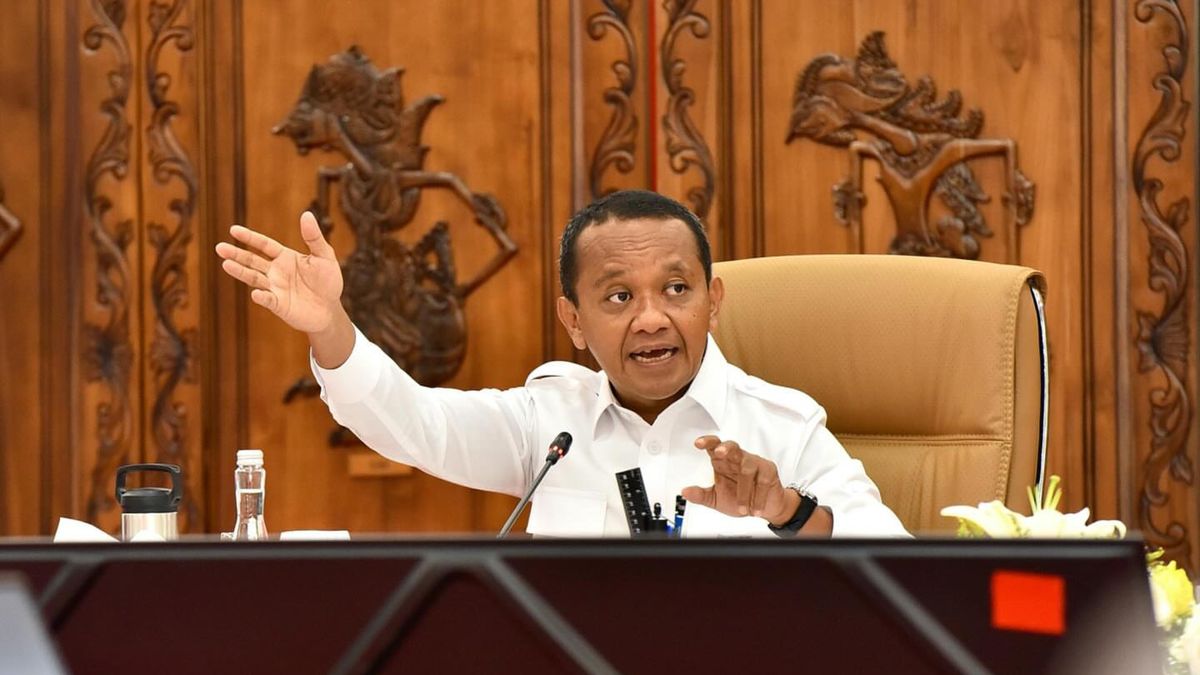In a significant policy announcement, Indonesia’s Investment Minister Bahlil Lahadalia declared that the country will gradually reduce its dependence on imported fuel from Singapore. This strategic pivot aims to bolster energy independence, strengthen domestic refining capabilities, and enhance national economic resilience.
The decision, though bold, comes at a time when global energy markets remain volatile, and many countries are rethinking long-standing trade dependencies. For Indonesia, this marks a clear step toward achieving energy sovereignty.
Why Singapore? Understanding the Import Relationship
For decades, Singapore has served as a key supplier of refined fuel to Indonesia. Due to its world-class refining infrastructure and logistical proximity, the city-state became the go-to source for Indonesia’s fuel needs, especially for gasoline and diesel.
However, Bahlil argues that continued reliance on foreign fuel weakens Indonesia’s energy security and contributes to a growing trade imbalance. By shifting toward domestic fuel production and refinery expansion, the government seeks to retain more value within the country and reduce exposure to external market shocks.
Transitioning to Local Production: Is Indonesia Ready?
Bahlil’s plan aligns with Indonesia’s broader goal to build and upgrade its domestic refineries. Projects like the Balikpapan and Tuban refinery expansions are already in motion, and once completed, they are expected to process hundreds of thousands of barrels of crude oil per day.
Still, the transition won’t happen overnight. It requires significant investment, technical expertise, and regulatory support. Bahlil has reassured investors that Indonesia remains committed to creating a business-friendly environment to accelerate this transformation.
Moreover, this shift could potentially attract foreign partners to invest directly in Indonesia’s refining sector—turning energy independence into an investment opportunity.
Economic Impacts: Short-Term Challenges, Long-Term Gains
Naturally, cutting back on imports from Singapore could cause short-term friction. Importers, distributors, and industries dependent on established supply chains may need to adapt. There is also a risk of temporary supply disruptions or price volatility during the transition phase.
However, the long-term benefits are clear. Reducing reliance on external fuel sources strengthens Indonesia’s current account balance, creates jobs in the energy sector, and increases national bargaining power in global markets.
Additionally, developing local infrastructure fosters technology transfer and capacity building, which are essential for a more self-reliant energy future.
Regional Implications and Strategic Significance
Indonesia’s move could redefine regional energy dynamics, especially in Southeast Asia. As one of the largest economies in the region, a shift away from Singapore as a primary fuel hub may prompt similar strategies from neighboring countries.
At the same time, it opens the door for new partnerships and fuel trade routes—possibly involving nations like India, the UAE, or China—who are eager to play a larger role in Southeast Asia’s energy supply chain.
Conclusion: Fueling the Future from Within
Minister Bahlil’s plan to reduce fuel imports from Singapore signals a decisive turn toward energy independence. While challenges remain, the strategic intent is clear: Indonesia wants to control more of its own energy destiny.








